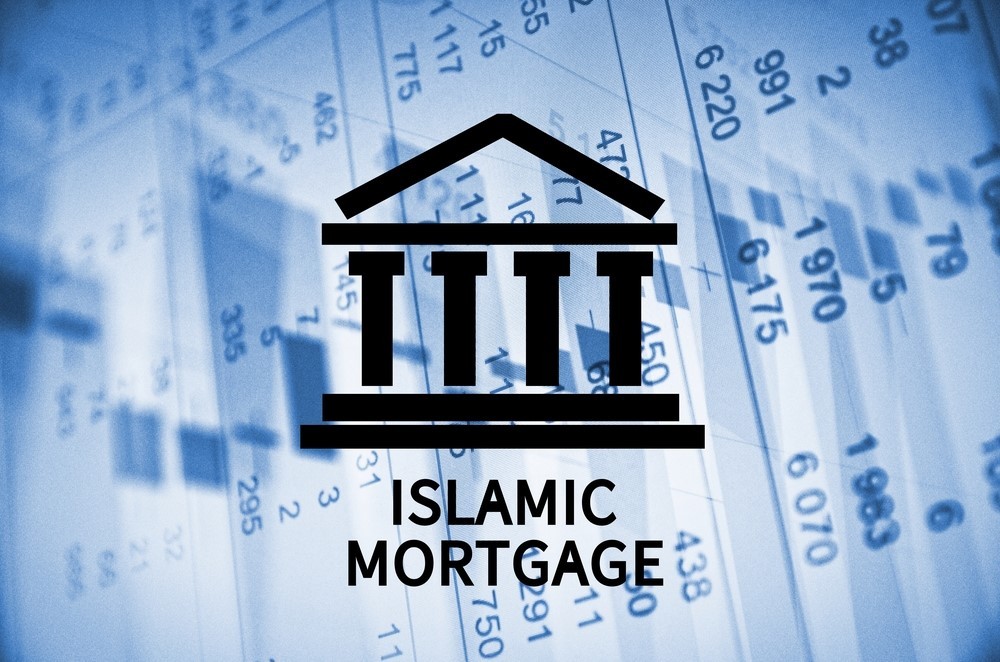In today’s diverse financial landscape, individuals seek avenues that not only fulfill their economic needs but also align with their ethical and religious beliefs. For many Muslims around the world, this pursuit leads them to explore Islamic finance, particularly when it comes to purchasing a home. In this blog, we delve into the concept of Islamic mortgages, shedding light on how they offer a pathway to homeownership while adhering to the principles of Sharia law.
Understanding the Foundations
Islamic finance operates on principles derived from Sharia, or Islamic law, which prohibits the payment or receipt of interest (riba). Instead, transactions must adhere to the principles of fairness, transparency, and risk-sharing. This fundamental distinction shapes the structure of Islamic mortgages, making them distinct from conventional interest-based mortgages.
The Mechanics of Islamic Mortgages
One common form of Islamic mortgage is the Musharakah arrangement. In Musharakah, the financial institution and the homebuyer enter into a partnership to purchase the property. Both parties contribute funds, and ownership is shared accordingly. As the homeowner makes periodic payments, they gradually buy out the financial institution’s share in the property until full ownership is achieved. This model fosters a sense of shared responsibility and risk between the homeowner and the financier.
Another prevalent structure is Ijara, which resembles a leasing arrangement. In Ijara, the financial institution purchases the property and leases it to the homebuyer for an agreed-upon period. Throughout the lease term, the homeowner pays rent, with a portion of each payment potentially contributing towards eventual ownership. At the end of the lease period, ownership of the property may transfer to the homeowner, subject to the terms of the agreement.
Aligning Financial Goals with Values
Islamic mortgages not only provide access to homeownership but also align financial transactions with Islamic principles. By avoiding interest-based transactions, individuals can navigate the housing market while upholding their religious beliefs. Furthermore, Islamic mortgages promote financial prudence and risk-sharing, fostering a more equitable approach to homeownership.
Challenges and Opportunities
Despite the benefits they offer, Islamic mortgages may present challenges in certain jurisdictions due to regulatory and operational considerations. However, the increasing demand for ethical financial products has prompted financial institutions to expand their offerings in Islamic finance, creating opportunities for broader access to Islamic mortgages.
Conclusion: A Path to Homeownership Rooted in Principles
In a world where individuals seek financial solutions that resonate with their values, Islamic mortgages stand out as a viable option for Muslim homebuyers. By adhering to the principles of Sharia law, these financial instruments provide a pathway to homeownership that is both ethically sound and financially prudent. As the demand for ethical finance continues to grow, Islamic mortgages serve as a testament to the compatibility of faith and finance in today’s dynamic landscape.
In summary, Islamic mortgages offer a compelling alternative for individuals seeking homeownership while remaining true to their religious convictions. By embracing the principles of fairness, transparency, and risk-sharing, these financial instruments empower individuals to achieve their housing goals while upholding their values.










